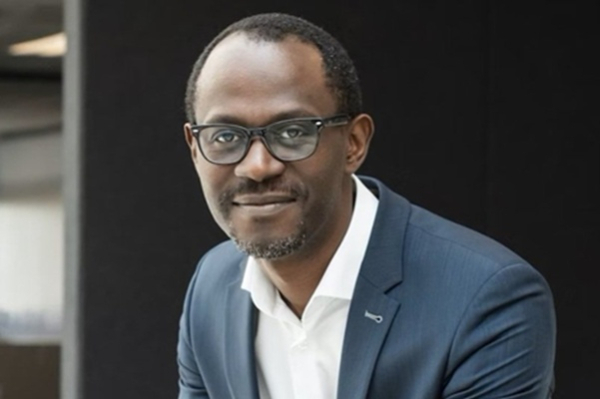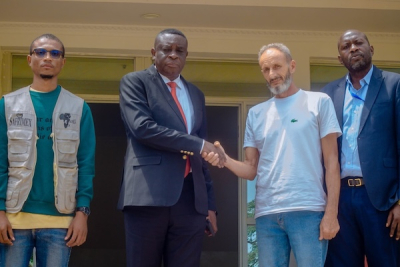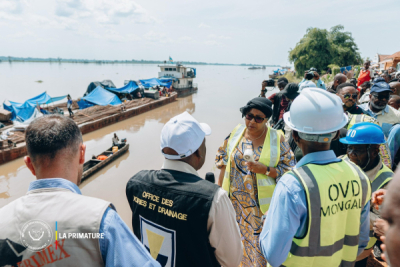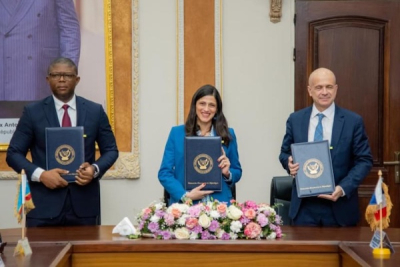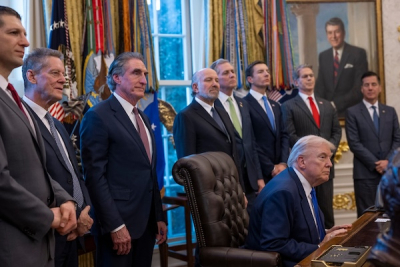AstraZeneca, one of the world’s leading pharmaceutical brands, bought his company two weeks ago. Jean-Pierre Latere is his name, and his startup, EsoBiotec, was purchased by the British giant. Latere, a Congolese-born Belgian scientist, founded EsoBiotec in 2020 in Mont-Saint-Guibert, Belgium. The deal with AstraZeneca is valued at one billion dollars.
Under the deal, the behemoth will make an upfront payment of $425 million and potential future payments of $575 million tied to performance milestones. AstraZeneca's substantial investment hinges on EsoBiotec's groundbreaking in vivo cell therapy technology, which aims to simplify cancer treatment to a single injection, dramatically reducing costs and expanding patient access.
From Lubumbashi to the World
Latere's journey from Lubumbashi to the forefront of biotechnology innovation is a testament to perseverance and scientific ingenuity. After growing up in Kinshasa and attending the prestigious Boboto High School, Latere left his home country at 18, in 1994. He went on to Belgium, where he earned a Ph.D. in polymer chemistry from the University of Liège. He subsequently completed postdoctoral work at the University of Michigan.
His career path led him through Johnson & Johnson and Celyad Oncology, where he honed his expertise in cellular therapies. Motivated by personal experience with cancer in his family, Latere founded EsoBiotec to address the limitations of existing CAR-T cell therapies, which are effective but time-consuming and expensive.
EsoBiotec's Engineered NanoBody Lentiviral (ENaBL) platform represents a paradigm shift in cancer treatment. By leveraging the patient's body as its own cellular factory, the technology eliminates the need for complex ex vivo cell manipulation, potentially slashing treatment times from weeks to days and significantly reducing costs.
Six Years to Launch
EsoBiotec's Engineered NanoBody Lentiviral (ENaBL) platform represents a paradigm shift in cancer treatment. By leveraging the patient's body as its own cellular factory, the technology eliminates the need for complex ex vivo cell manipulation, potentially slashing treatment times from weeks to days and significantly reducing costs.
With the first patient treated in December 2024 and "exceptional" results published in January, EsoBiotec caught the attention of pharmaceutical giants. The AstraZeneca acquisition now positions Latere's innovation for rapid development and commercialization, with the first product expected to reach the market within five to six years.
Pierre Mukoko and Ronsard Luabeya (intern)






